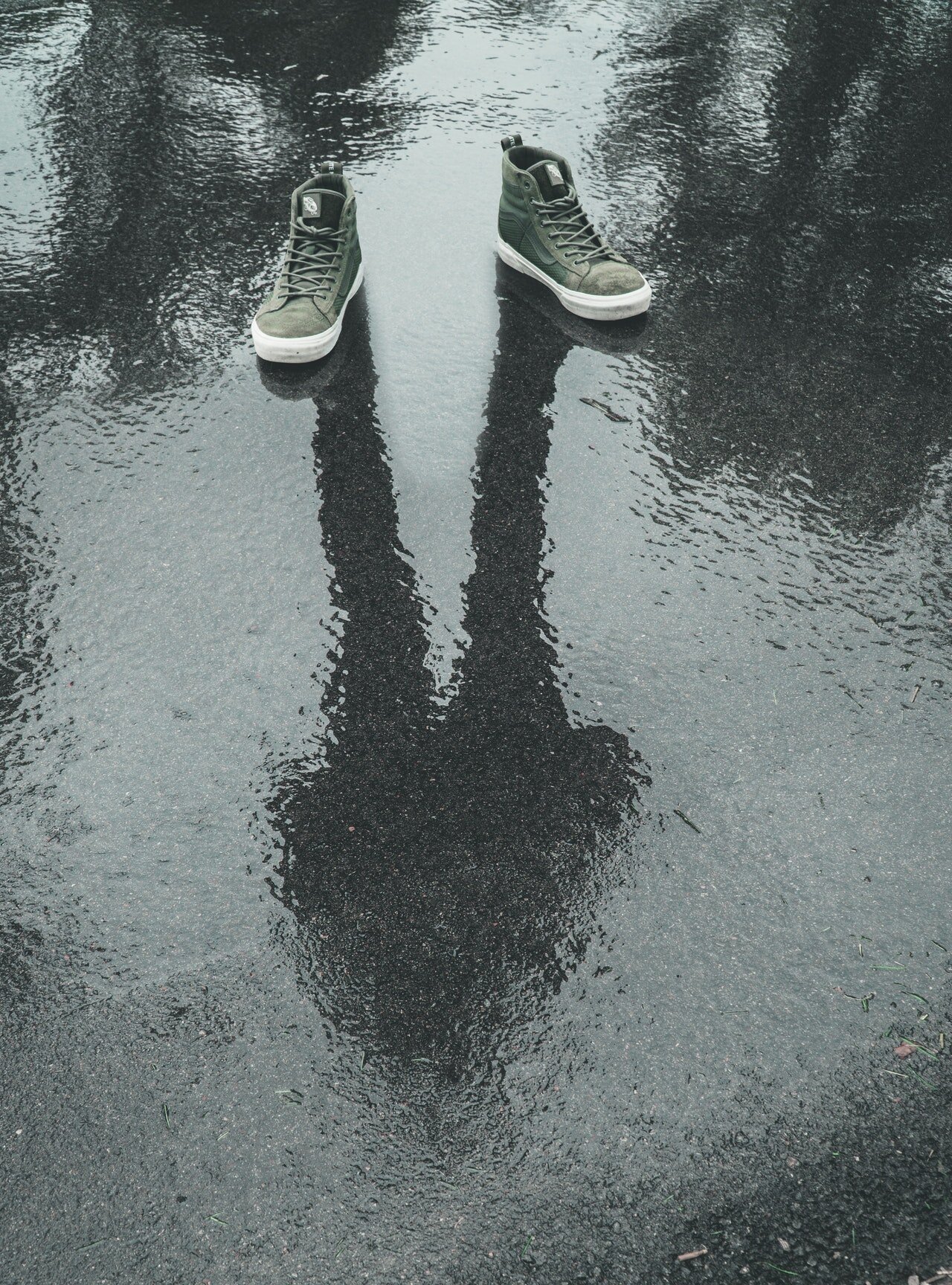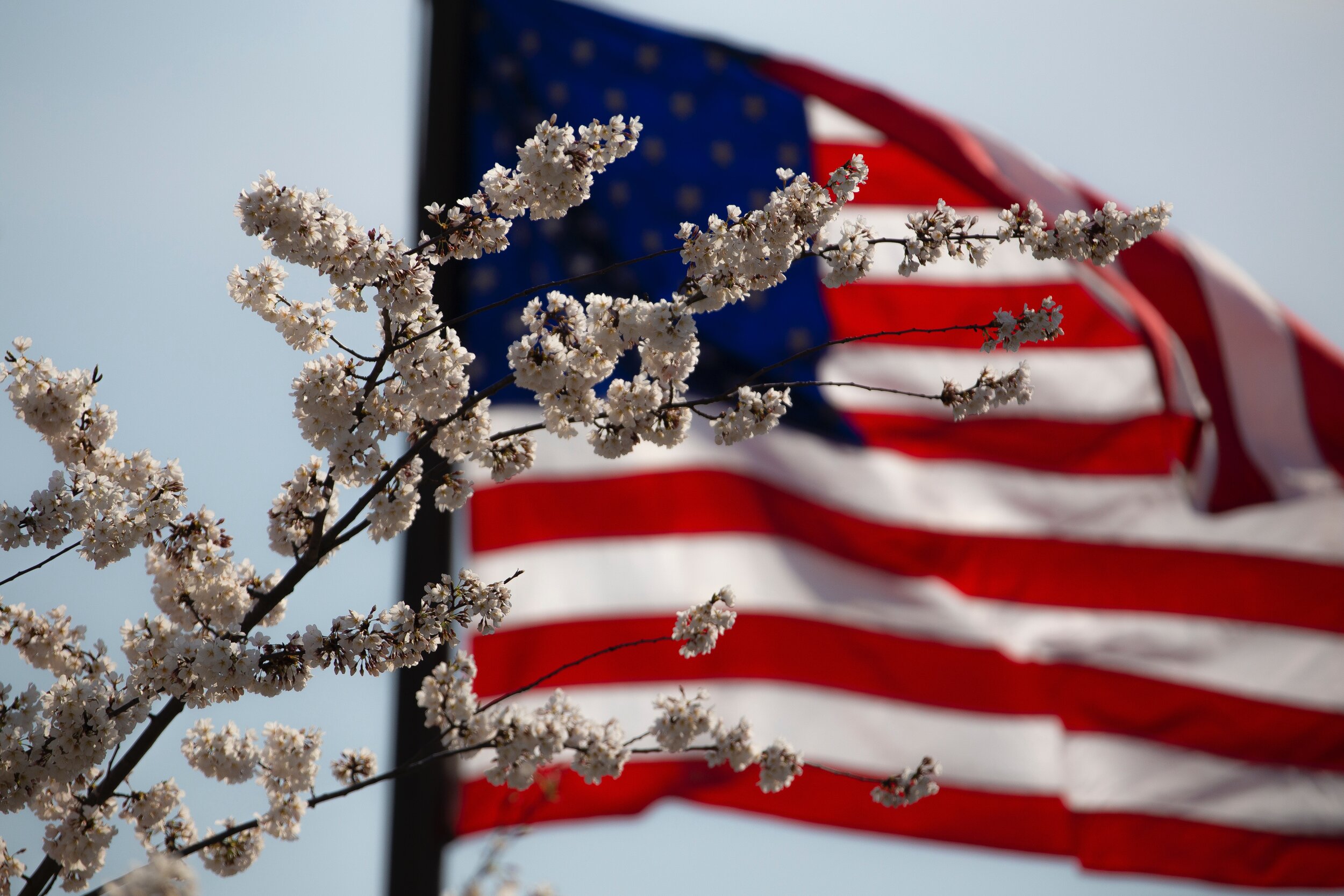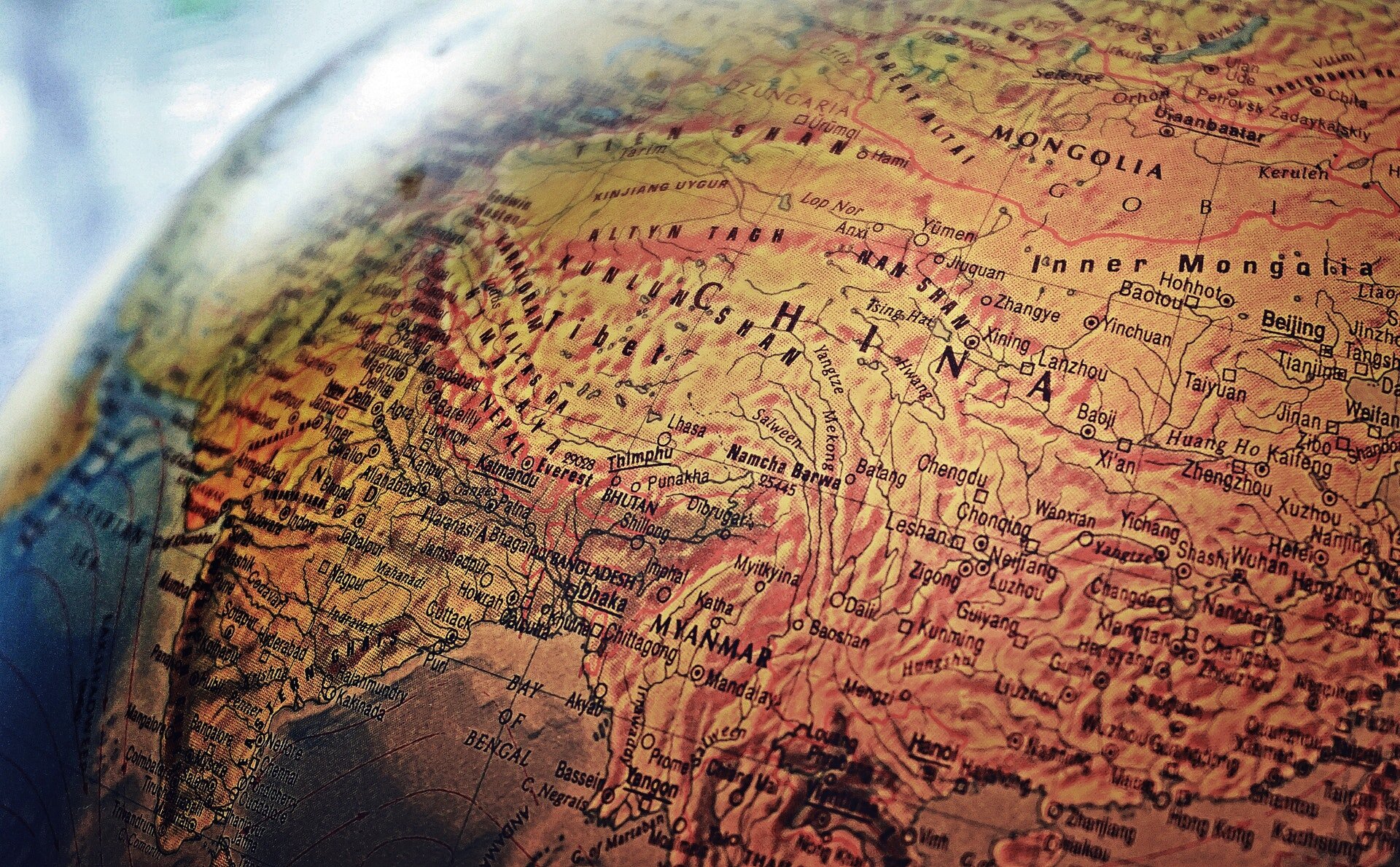Share This Article
Rob Abadee discusses why we are often numb towards mass suffering and posits some ideas as to what we can do about it.
On Sunday 24th May 2020, the New York Times printed a front cover that attracted worldwide attention. To mark the grim milestone of the United States passing 100,000 deaths due to the COVID-19 pandemic, the paper gathered names and memories of the 1000 Americans lost in a heartbreaking and breathtaking memorial of incalculable loss. The cover poignantly humanised those lost by articulating their lives in a manner that was deeply personal to readers. Marion Krueger (85) was described as a “great-grandmother with an easy laugh,” April Dunn (33) as an “advocate for disability rights” and Bassey Offiong (25) as someone who “saw friends at their worst but brought out their best.”
Despite witnessing with disbelief as the US recorded an average of 1,100 deaths every day for the previous three months, the outpouring of sorrow and grief in response to the cover provided a stark contrast to the impetuous daily acceptance of overwhelming numerical data.
In psychology, this phenomenon is known as the “Collapse of Compassion” and is broadly defined as the “human tendency to turn away from mass suffering in a process of psychic numbing.” The Collapse of Compassion occurs because as the number of victims in a tragedy increases, perhaps subconsciously, our empathy dramatically decreases. Somewhat ironically, Joseph Stalin, a man who is estimated to have directed the deaths of TENS of MILLIONS of his own citizens, accurately articulated the notion in his rather (in)famous statement “One death is a tragedy, one million is a statistic.”
See, you just did it then. I even capitalised the TENS of MILLIONS to really try and elicit some semblance of empathy from you and you just moved past it, without thinking about the true suffering. Now, of course I am not suggesting you are a bad person because you didn’t weep in a profound expression of grief, it’s an innate response that we as humans have.
I would however argue that the pandemic has highlighted trends that have contributed to a greater “Collapse of Compassion.”
The first is an all too frequent sense of nationalistic tribalism, whereby tragedies that occur overseas, or more specifically in third-world countries, are not seen as important compared to those that occur at home,both to us as individuals and to the media. Obviously, tragedies that happen in developed countries that have similar ways of life are more personal to us because they make us think about those same tragedies happening to us, such as 9/11, the Orlando Nightclub Shooting or the Sandy Hook Elementary School Shooting. The victims of these tragedies were simply going about everyday activities and, through no fault of their own, were subject to immense suffering and death.
However, the media was largely silent when last year the Chinese Government systematically imprisoned at least one million Muslim minority Uighurs into Government-run “re-education camps.” Similarly, if you hear about a significant car bombing in Afghanistan, Iraq or Syria on the news it’s always after a number of stories that pale in comparison to the level of human suffering endured, and the suffering washes over you without thought.
Australia has thankfully avoided the devastating outbreaks of COVID-19 in other parts of the world, yet, most people remain numb to the suffering of those significantly less fortunate in other nations. Perpetuating this notion through the news coverage and general discourse of apathy ensures that there is no constant value for a human life.
It has been the daily updates of infections, deaths, hospitalisations and newly unemployed that have truly dehumanised the pain and anguish felt all around the world. The fact that leaders can refer to a decrease in cases from say 1,000 to 800 as a “good day” demonstrates just how numb we are to the suffering of the friends and family of those 800 victims.
So, is there anything we can actively do to overcome our innate response to mass suffering?
I believe it is impossible for us as individuals to be consistently aware at all times of the suffering experienced by human beings around the world, and this isn’t a goal we should strive for.
Yet, for those of us who have avoided the horrific effects of the COVID-19 pandemic, and other horrific suffering that humans experience every day, I think it is important for us to occasionally reflect on how truly lucky we are, and be empathetic towards those who are not so fortunate.
That “reflect on how truly lucky we are” is also not just a throwaway line similar to those most of us who have been privately educated and are fortunate enough to attend a college such as St Andrew’s have heard before. Rather, I am talking about a constant awareness about the value of human life and a resulting genuine commitment to being empathetic towards other human beings. This is not only immensely beneficial for the person demonstrating empathy but it also propagates a more altruistic and empathetic culture that can improve the lives of others.
Reflecting in the Prologue to his autobiography, British polymath, Bertrand Russell said:
“Love and knowledge, so far as they were possible, led upward toward the heavens. But always pity brought me back to earth. Echoes of cries of pain reverberate in my heart. Children in famine, victims tortured by oppressors, helpless old people a burden to their sons, and the whole world of loneliness, poverty, and pain make a mockery of what human life should be. I long to alleviate this evil, but I cannot, and I too suffer.”
The Collapse of Compassion represents an innate human failure to acknowledge the suffering of others. With resources as scarce as they are, and human ability as limited as it is, we must focus our attention on issues that truly matter. We must overcome our tendency to turn away from mass suffering, and instead face it head on.
With a little more compassion in the world, I think it could go a long way to making the world a better place.
Images: Pexels




